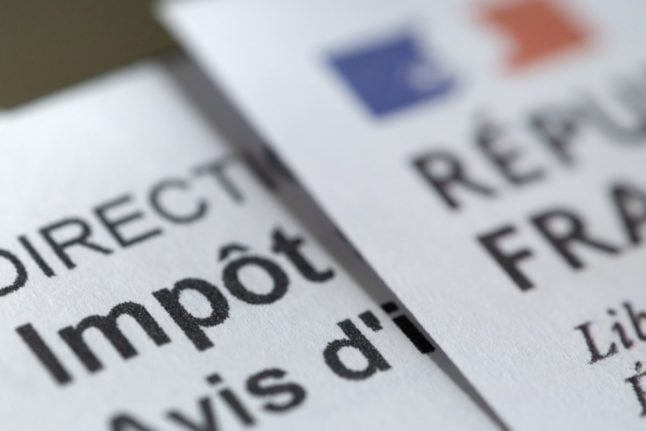The taxes paid by owners of French property have already seen significant increases in recent years, and are set to increase again in 2024.
The property owners’ tax – taxe foncière – is paid by everyone who owns property in France, regardless of what they use it for or whether they are a French resident. The second property tax – taxe d’habitation – is now only paid by second-home owners. Those who rent no longer pay any property taxes.
Taxe foncière is calculated according to a complicated formula that is partially based on the rentable value of your property – which is why your tax bills will increase if you build an extension or add a swimming pool – but there are two other important factors in the calculation; the national tax rate and the local tax rate.
The government has already announced that taxe foncière will increase in line with inflation this year at a rate of 3.9 percent, which means that when property tax bills come out in the autumn everyone will see an increase of at least 3.9 percent on last year’s bill.
READ ALSO How to challenge your property tax bill
However the final part of the calculation is the local authority rate, which is set at commune level and can levy an increase of up to 60 percent on bills.
Local authorities have until April 15th to decide whether to increase their rate, and if so by how much, but many areas have already decided.
Nancy in Meurthe-et-Moselle, eastern France, is raising its rate by 14.5 percent. Mayor Mathieu Klein told his constituents: “If you were paying €500 in 2023 you will be paying €575 in 2024, so just over an extra €6 per month.”
Nice on the French Riviera imposed big increases over the past two years, but this year the increase will be lower at 6 percent.
The city of Paris imposed a whopping rise last year (52 percent), but homeowners will be slightly comforted to know that it will not increase further in 2024, leaving Parisians with just the 3.9 percent national level increase.
Likewise the city of Toulouse decided to impose no extra hike.
Some of the communes with the biggest increases so far are;
- Villeurbanne (Rhône) – 10 percent
- Molsheim (Bas-Rhin) – 8.5 percent
- Herblay-sur-Seine (Val-d’Oise) – 8.5 percent
- Annecy (Haute-Savoie) – 6 percent
- Sceaux (Hauts-de-Seine) – 6 percent
- Montreuil (Seine-Saint-Denis) – 5 percent
- Saint-Priest (Rhône) – 4.89 percent
Meanwhile two communes – Digne-les-Bains in Alpes-de-Haute-Provence and Neuilly-Plaisance in Seine-Saint-Denis – have voted to lower their rate.
We will update this article once all the communes have voted.



 Please whitelist us to continue reading.
Please whitelist us to continue reading.
You say that “those who rent their home no longer pay any property taxes.”. Is this referring to taxi fonciere, taxe d’habitation, or both?
Tenants never paid taxe foncière, that has always been the property-owners’ tax. The change is that renters used to pay taxe d’habitation and now don’t. So they pay no property taxes.
Ah, I misread your phrasing. You were talking about someone who rents someone else’s home!